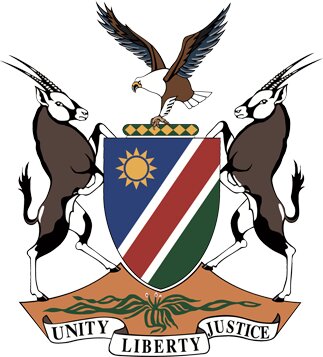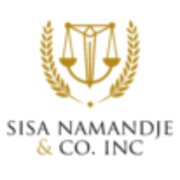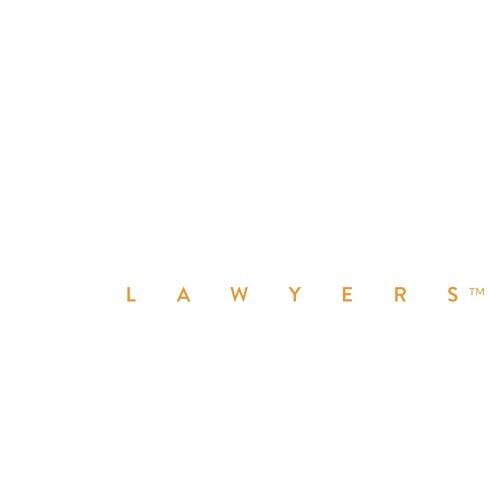Best Native People Lawyers in Windhoek
Share your needs with us, get contacted by law firms.
Free. Takes 2 min.
List of the best lawyers in Windhoek, Namibia
About Native People Law in Windhoek, Namibia
Native People law in Windhoek, Namibia, focuses on the rights and legal standing of the indigenous communities within the region. Namibia is home to diverse indigenous groups such as the San, Himba, Herero, and Nama, each with their unique cultural heritage and social structures. Laws related to Native People cover areas like land rights, cultural preservation, and social services, aiming to protect the interests and traditions of these communities. Historically marginalized, Native People in Namibia have increasingly sought legal recourse to uphold their rights and promote social justice.
Why You May Need a Lawyer
There are various situations where individuals or communities might require legal assistance concerning Native People. These include land disputes, ensuring fair treatment under national development initiatives, safeguarding cultural heritage, and accessing social services. Lawyers specializing in Native People law can also provide assistance in negotiating with government bodies or private entities over resource rights, helping communities to navigate the complex legal frameworks that affect their lives.
Local Laws Overview
Key local laws relevant to Native People in Windhoek, Namibia, include land rights legislation, which governs access to ancestral lands. Cultural preservation laws are also significant as they seek to protect the traditions and languages of indigenous groups. Namibia’s constitution recognizes the rights of all its citizens, including protections against discrimination, which serve as vital legal tools for Native People in seeking justice and equality. Additionally, international treaties such as ILO Convention 169 and the United Nations Declaration on the Rights of Indigenous Peoples provide a global framework supporting local laws.
Frequently Asked Questions
What are the key rights of Native People under Namibian law?
The Namibian constitution guarantees the rights of Native People, protecting them from discrimination and ensuring access to cultural and economic resources.
How can Native People secure their land rights?
Native People can secure land rights through negotiations, legal claims, and utilizing government programs aimed at reaffirming land ownership according to customary laws.
Are there any international agreements supporting Native People in Namibia?
Yes, Namibia is a signatory to international agreements like the United Nations Declaration on the Rights of Indigenous Peoples, which supports indigenous rights globally.
What legal recourse is available for resource disputes involving Native communities?
Legal recourse for resource disputes can include mediation, negotiation, or litigation, often requiring expert legal advice to navigate effectively.
Can Native People in Namibia access free legal aid?
Certain organizations and legal aid clinics offer free or subsidized legal services to Native People, focusing on their particular needs and challenges.
How does Namibian law protect the cultural heritage of Native People?
Namibian laws strive to protect cultural heritage by recognizing the unique traditions and offering legal frameworks to preserve languages, rituals, and social practices.
What is the process to resolve disputes within Native communities?
Dispute resolution within Native communities often involves traditional leaders or customary legal practices, emphasizing mediation and reconciliation.
How do Native People participate in the legislative process in Namibia?
Native People can participate in the legislative process through traditional authorities, community meetings, and representation in local and national government.
What challenges do Native People face in Namibia today?
Challenges include land rights disputes, access to healthcare and education, economic marginalization, and preserving cultural identity amidst modernization.
How can Native communities engage with development projects affecting their land?
Engagement can occur through consultation processes, impact assessments, and negotiations to ensure projects align with community needs and rights.
Additional Resources
Individuals seeking legal advice concerning Native People in Windhoek can turn to resources such as the Legal Assistance Centre, which provides legal support and advocacy. Governmental bodies like the Ministry of Justice and the Ministry of Gender Equality and Child Welfare can offer guidance and support on relevant laws and policies. Moreover, organizations like Namibian NGOs focused on human rights and indigenous issues can provide valuable insights and assistance.
Next Steps
If you require legal assistance concerning Native People in Windhoek, Namibia, consider contacting a lawyer specialized in indigenous rights. Schedule a consultation to discuss your specific situation and explore legal avenues available to you. Engage with local community organizations for support and guidance tailored to the indigenous context. It’s also beneficial to stay informed on both national and international developments affecting Native People’s rights, ensuring you are adequately prepared to advocate for your rights or those of your community.
Lawzana helps you find the best lawyers and law firms in Windhoek through a curated and pre-screened list of qualified legal professionals. Our platform offers rankings and detailed profiles of attorneys and law firms, allowing you to compare based on practice areas, including Native People, experience, and client feedback.
Each profile includes a description of the firm's areas of practice, client reviews, team members and partners, year of establishment, spoken languages, office locations, contact information, social media presence, and any published articles or resources. Most firms on our platform speak English and are experienced in both local and international legal matters.
Get a quote from top-rated law firms in Windhoek, Namibia — quickly, securely, and without unnecessary hassle.
Disclaimer:
The information provided on this page is for general informational purposes only and does not constitute legal advice. While we strive to ensure the accuracy and relevance of the content, legal information may change over time, and interpretations of the law can vary. You should always consult with a qualified legal professional for advice specific to your situation.
We disclaim all liability for actions taken or not taken based on the content of this page. If you believe any information is incorrect or outdated, please contact us, and we will review and update it where appropriate.















